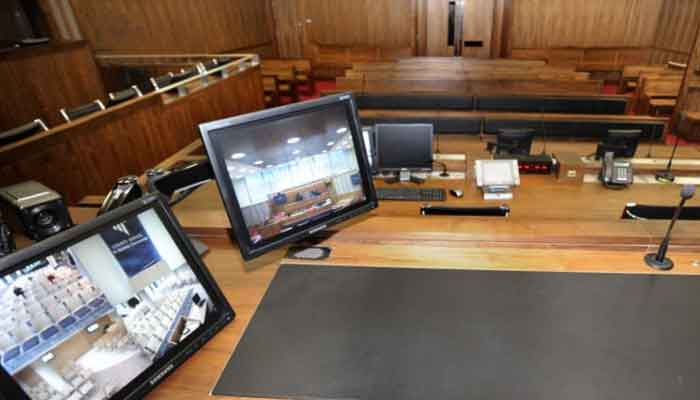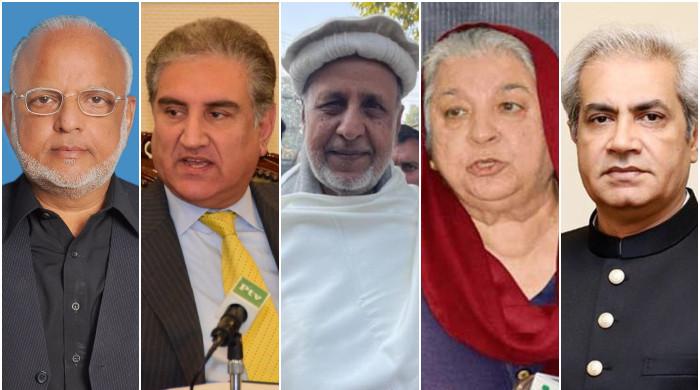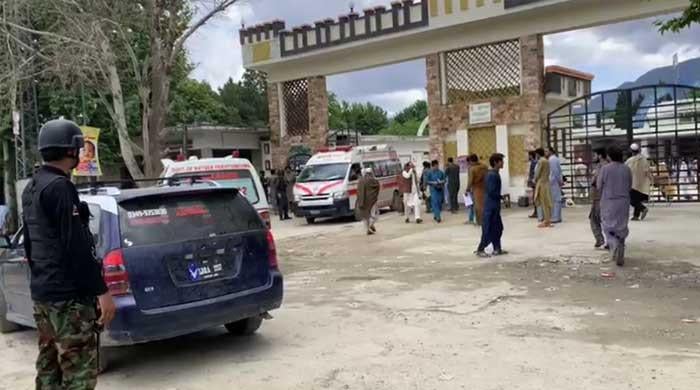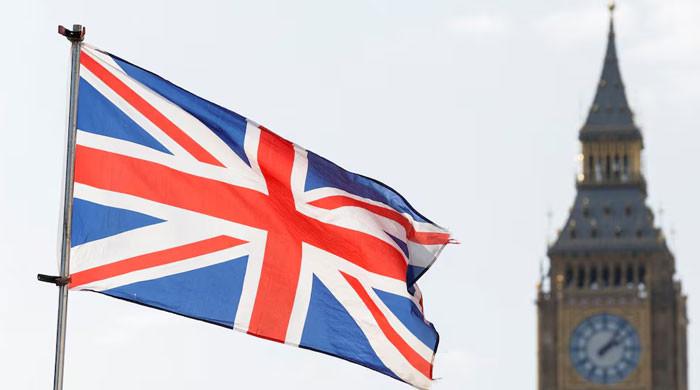A remote courtroom: The need for virtual hearings in Pakistan
Pakistan and other countries in the sub-continent have no specific protocol to deal with such eventuality and thus needs to incorporate aspects of the African Protocol
June 01, 2020

The extent of the impact of the COVID-19 pandemic on the global community has been immeasurable. Large numbers of businesses around the world are faced with the risk or the reality of liquidation, receivership, examinership and similar mechanisms.
In turn, courts around the world are operating with a limited capacity, with hearings often dealt with by way of videoconferencing and telephone conference calls.
Arbitration too has faced the same challenges. While the procedural flexibility of arbitration means that it is in one sense uniquely suited to addressing unexpected obstacles such as those created by COVID-19, the cross-border nature of many arbitrations means that a single arbitration can be affected by restrictions imposed in several locations around the world.
One party may be able to participate fully, while another party’s lawyers can only coordinate through video or telephone. And the arbitrators themselves may want to avoid collecting all the participants in a single room out of concern of infection.
The procedural flexibility of arbitration has resulted in some actions being taken to facilitate the use of e-technologies in arbitration, including the Seoul Protocol on Video Conferencing in International Arbitration and the Hogan Lovells Protocol for the use of technology in virtual international arbitration hearings.
Nonetheless, as helpful as these initiatives have been, their focus on arbitration in economically developed jurisdictions has meant that they were at times less directly suitable for arbitrations taking places in countries where internet reliability may be less easily available.
For that reason, the release of the new ‘Africa Arbitration Academy Protocol on Virtual Hearings’ is a welcome initiative.
Pakistan and the rest of the sub-continent should follow suit. Pakistan and other countries in the sub-continent have no specific protocol to deal with such eventuality and thus needs to incorporate aspects of the African Protocol.
The global network of the Chartered Institute of Arbitrators will shortly be launching their first branch in Pakistan. It is important that if arbitration is to grow post-COVID-19 then we need to have the measures and safeguards in place to ensure that arbitrations are run smoothly and effectively.
Virtual hearings in Africa
The Africa Protocol distinguishes itself from the other protocols by both the detailed approach it adopts to the guidance it provides, and by its recognition that not all potential participants in a virtual hearing will have access to the high technology and reliable internet that is expected in international arbitration.
The Protocol is broken down into five parts as follows:
- Objective/Purpose of the Protocol
- Preliminary Considerations, Logistics and Preparatory Arrangements
- Virtual Hearings and Presentation of Evidence
- Security and Privacy Considerations
- Hearing Protocol, Infrastructure and Technical Standard
Most notably, the Protocol adopts the mechanism of a “Pre-Virtual Hearing Agreement”, addressing the risk that a party may later challenge the outcome of the arbitration on the ground that the hearing was “virtual”, by ensuring that all participants have explicitly agreed in advance for the arbitration to proceed in this way.
Given the reality that in many countries around the world, courts lack both familiarity with arbitration and trust in the suitability of online dispute resolution, the incorporation into the Protocol of the “Pre-Virtual Hearing Agreement” is a decision for which many parties will ultimately be grateful.
A proposed Pakistan protocol
Pakistan should follow similar steps, and adopt the African Protocol in its entirety or carefully consider how it could be adapted to formulate a new Protocol, taking into account the issues raised by the arbitration academy in Africa and issues facing Pakistan. The issues faced in Africa are different to the sub-continent.
Zong and Jazz have already conducted 5G speed tests and now the Pakistan Telecommunication Authority (PTA) has also allowed non-commercial trials in line with policy directives from the government.
The reality is that in Pakistan the provision of 3G and 4G have allowed government and business to function effectively. However, taking into account challenges to using technology with the regular power cuts in Pakistan, we need to make sure that hearings are not affected by this and relevant provisions are inserted to address this issue.
The proposed Pakistan protocol could stipulate what would happen, if there was a power cut and what would be the minimum technological requirement required for online hearings, considering the realistic facilities available in Pakistan to host virtual arbitrations.
Even in the developed world such as the United Kingdom, recently a High Court judge was forced to issue a detailed judgment in writing because his voice was “breaking up” at the end of a telephone hearing. Mr Justice Murray said there was “nothing I could do immediately” to remedy the problem.
In countries such as Pakistan, it is even more important that drafters consider carefully that a technological glitch up may result in time and resources being wasted between the parties and therefore all eventualities need to be addressed to the needs of Pakistan and its available technological resources to host arbitration proceedings.
The proposed Pakistan Protocol could be an important development in the ongoing efforts to provide support for the use of arbitration as a mechanism for resolving disputes in the face of the restrictions caused by the COVID-19 pandemic.











